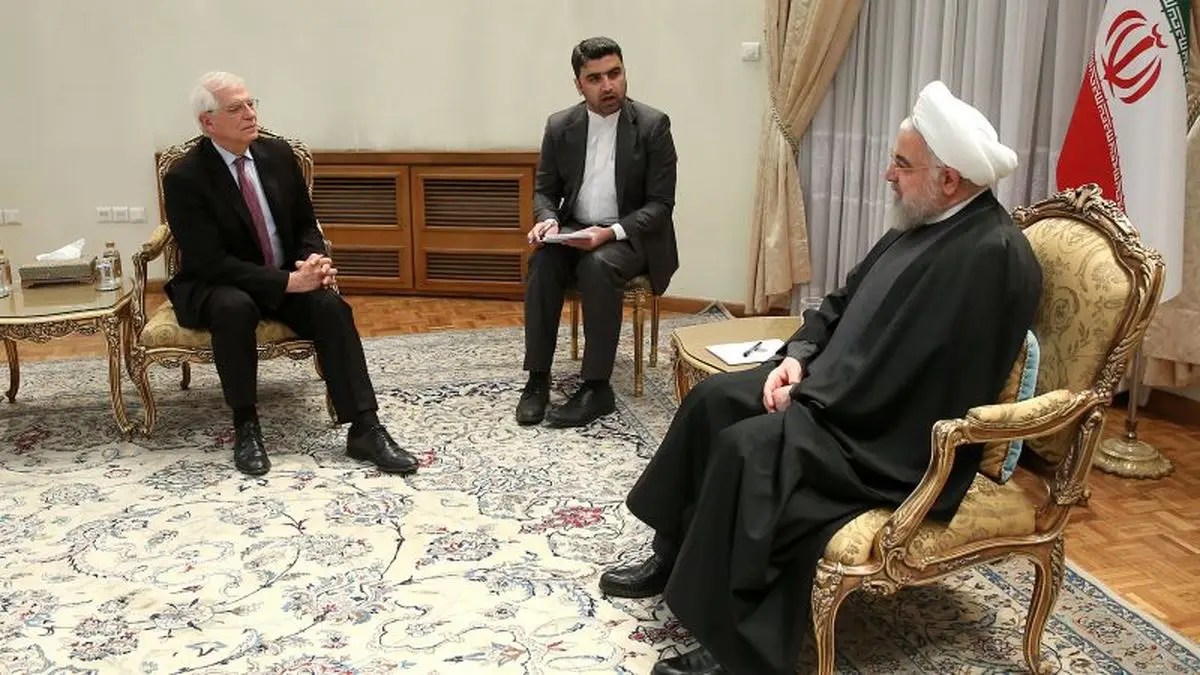EU underlines need for full implementation of JCPOA by all sides

EU External Action Service in a press release on Tuesday stressed the need for full implementation of JCPOA by all sides, saying that European Union foreign policy chief, Josep Borrell's visit to Iran and region was aimed at helping maintain communications with all sides in West Asia.
It also added that High Representative/Vice-President Josep Borrell made his first official visit to the Islamic Republic of Iran on 3-4 February 2020. He held meetings with the President of the Islamic Republic of Iran, Hassan Rouhani, the Minister of Foreign Affairs, Javad Zarif, and the Speaker of the Majlis Ali Larijani.
During the meetings, the High Representative underlined his determination to carry forward the EU’s efforts to contribute to de-escalation and pursue stability in the wider region, following the mandate given to him by the Foreign Affairs Council, eeas.europa.eu reported.
In his meetings with Iranian interlocutors in Tehran, High Representative J.Borrell also discussed the state of the Iran nuclear agreement, the Joint Comprehensive Plan of Action (JCPOA).
He underlined the need for full implementation of the JCPOA by all sides. He said, “As Coordinator of the JCPOA Joint Commission, I am determined to do everything to preserve this deal which is key to regional and international security. We are continuing to work with all participants to make progress. We expect Iran to return to full compliance with its nuclear commitments. But Iran needs to be able to benefit economically from sanctions lifting.”
The High Representative also underlined the EU’s willingness to deepen its bilateral cooperation with Iran on issues of common interest. In this context, both sides agreed to continue discussions during the upcoming EU-Iran High-Level Dialogue, which will be held in March 2020 in Tehran.
The High-Level Dialogue addresses political, security and human rights issues, as well as important sectoral cooperation, including trade, environmental issues, migration, and issues of nuclear safety.
END
